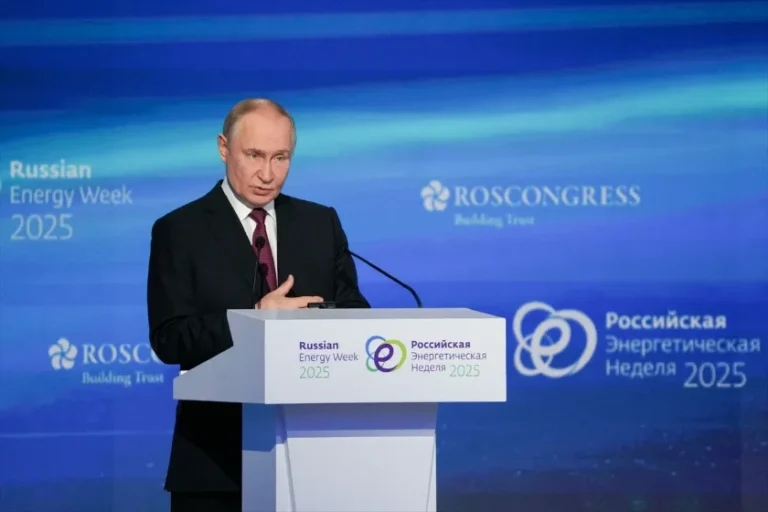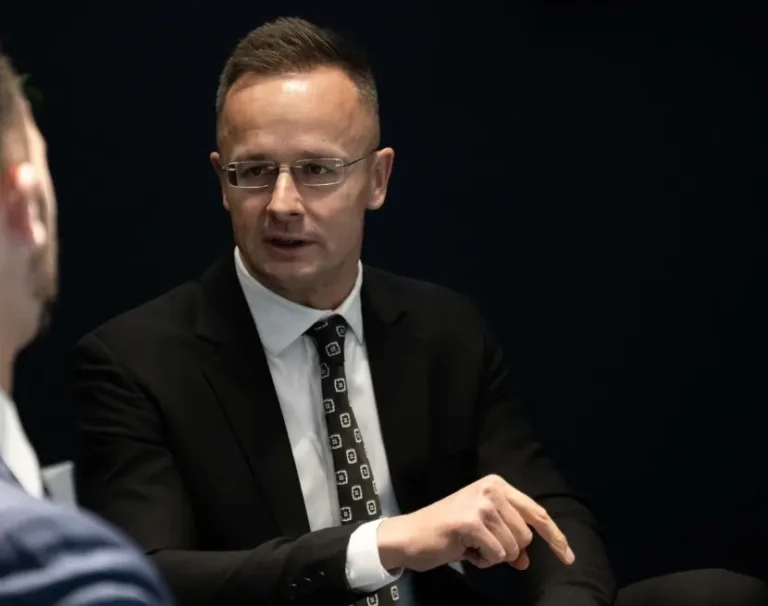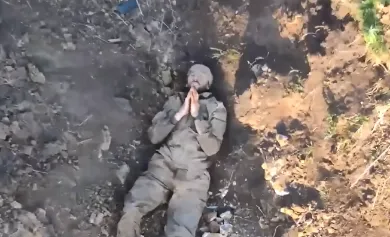Ukraine
EU could bypass Orbán’s veto to unlock record Ukrainian loan from frozen Russian assets

Corruption scandal in the neighbourhood: Zelenskyy’s Presidential Chief resigns

Poster campaign launched featuring Zelensky, von der Leyen, and Péter Magyar advocating tax rises in Hungary

Putin praises Orbán’s “balanced” Ukraine stance as leaders discuss potential Russia–US summit in Budapest

Orbán cabinet: Ukraine runs a corruption machine at the highest state level

Crucial meeting ahead: Ukraine’s future may be decided soon

Despite his promise, Putin hikes VAT in Russia, then blames the “war-loving West”

Surprising answers from Ukraine’s westernmost region on whether they would return to Hungary

PM Orbán reveals whether Hungary would ever leave the European Union

Open letter: A message from conservative Ukrainian scientists to Hungary

War in Ukraine: How long can Russia tolerate its dependency on China?

Op-ed: Budapest Agreement 2.0 – Crimea for Kaliningrad

Ukrainian authorities detained Hungarian university students from Transcarpathia — Szijjártó confirmed their release

EU tightens visa rules: No more multiple-entry visas for these travellers

Zelenskyy: PM Orbán supports Putin; the Hungarian prime minister fires back sharply

Ukraine will not receive the American superweapon—at least, not yet

No escape: Hungarian soldier killed by Russian FPV drone

FM Lavrov gives interview to Hungarian pro-government Youtube channel – Video





 ZH
ZH IT
IT DE
DE HR
HR NL
NL FR
FR JA
JA RO
RO RU
RU ES
ES TR
TR
